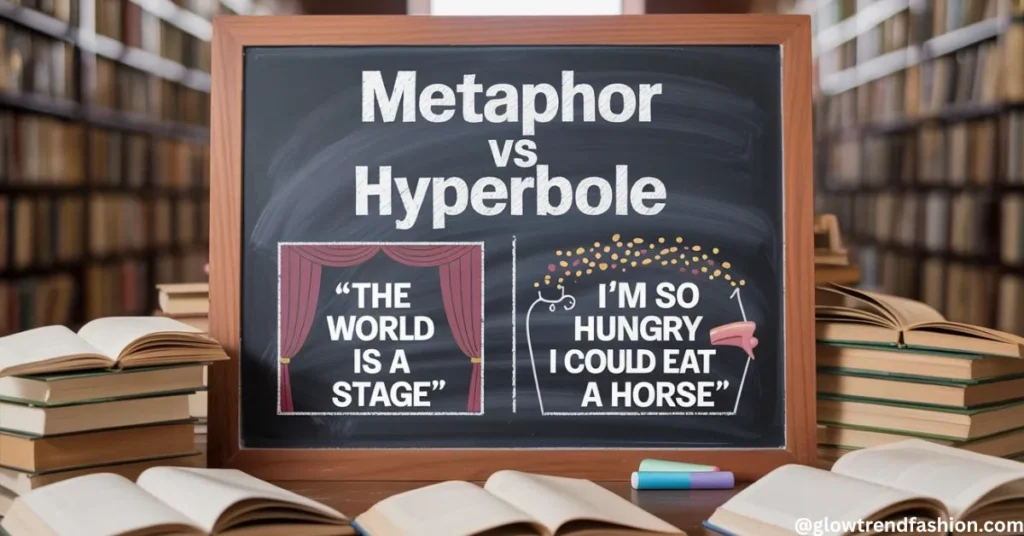Understanding the nuances of metaphor vs hyperbole can enhance your writing and make your language more interesting. These two literary devices often confuse many, but once you grasp their differences, you’ll find yourself using them with confidence. Let’s dive into this engaging exploration!
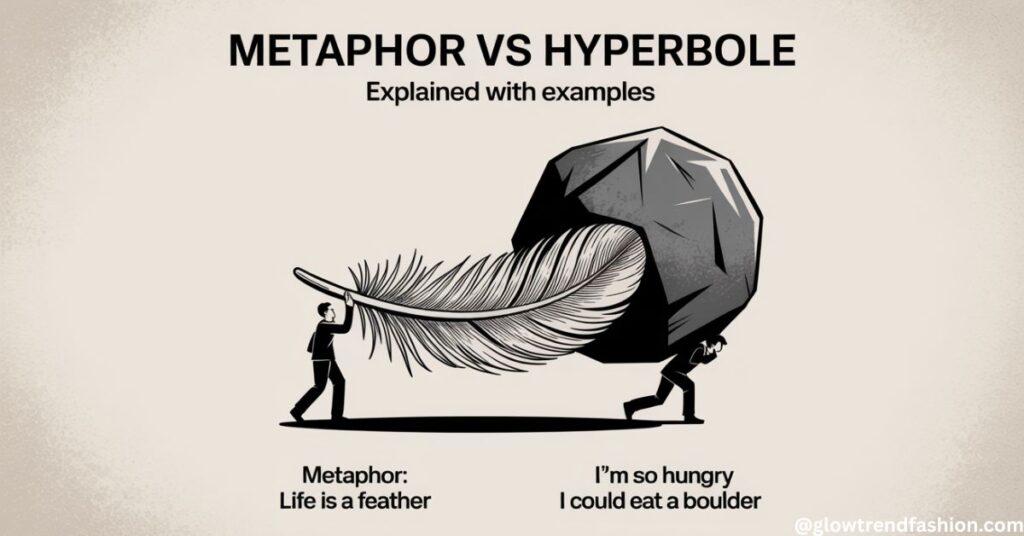
What is a Metaphor?
A metaphor is a figure of speech that makes an implicit comparison between two unrelated things, suggesting they are alike in a significant way. Unlike similes, which use “like” or “as,” metaphors assert that one thing is another. This language device adds depth to writing, allowing us to express ourselves in creative ways.
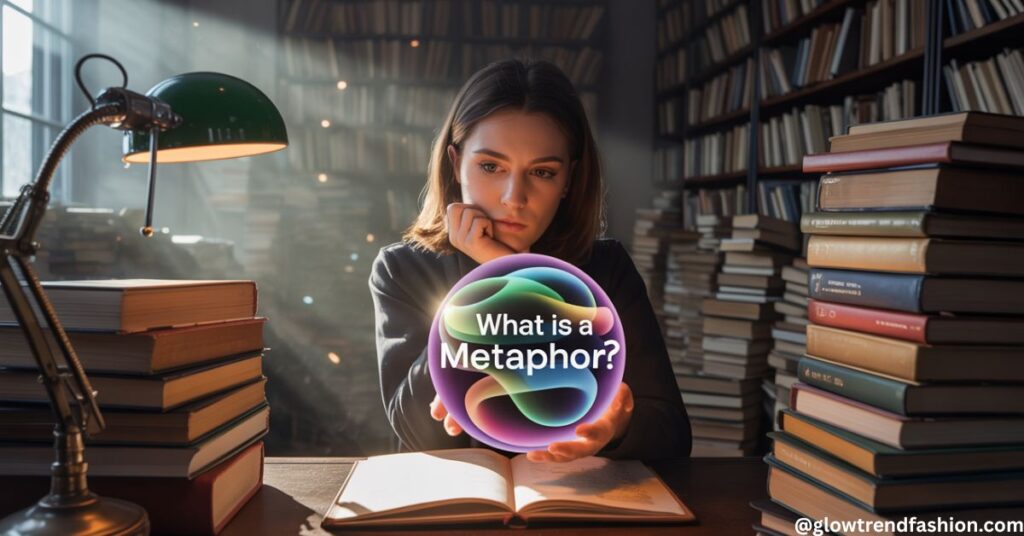
Examples of Metaphors
To illustrate, here are some vivid examples of metaphors you can use:
- “Time is a thief.” This implies that time steals moments from our lives, making us cherish them more.
- “The world is a stage.” This suggests that life is performative, where everyone plays a role.
- “He has a heart of stone.” This indicates someone who is emotionally cold or unfeeling.
These metaphor phrases not only convey meaning but also evoke emotions and imagery, making your writing more colorful.
What is Hyperbole?
Hyperbole is an exaggerated statement that isn’t meant to be taken literally. It aims to create a strong impression or emphasize a point. By using overstatement, we can inject humor or drama into our communication.
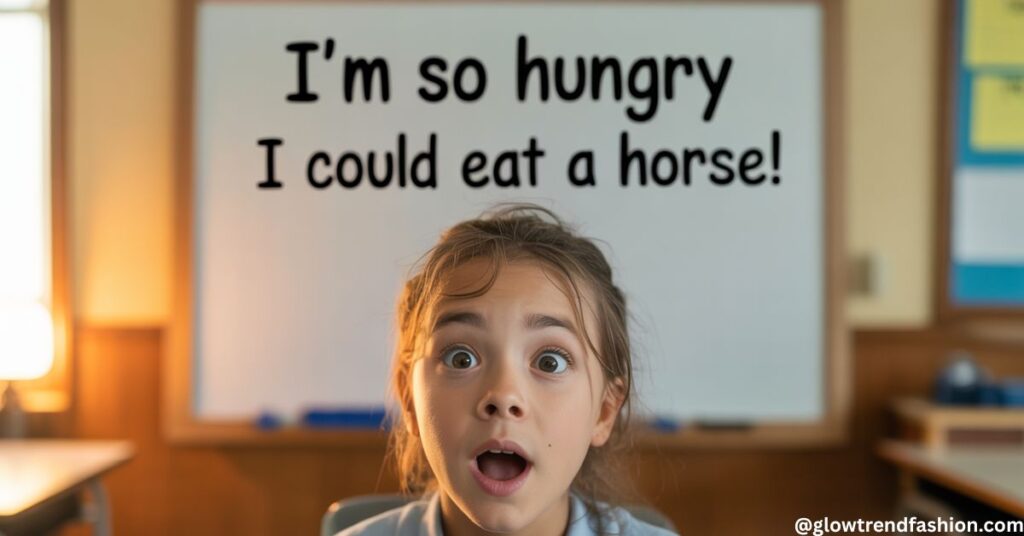
Examples of Hyperboles
Consider these examples of hyperboles:
- “I’m so hungry I could eat a horse.” This dramatic statement exaggerates hunger to highlight one’s craving.
- “I’ve told you a million times.” This emphasizes frustration, even though it’s not literally true.
- “He’s older than dirt.” This colorful phrase humorously exaggerates someone’s age.
These hyperbolic phrases can make your writing fun and engaging, capturing attention through their dramatic flair.
What Makes Them Different
While both metaphors and hyperboles enhance writing, their functions differ. A metaphor draws a direct comparison, while hyperbole exaggerates for effect.
Key Differences
- Purpose:
- Metaphors aim to create connections and deeper meanings.
- Hyperboles aim to emphasize or add humor.
- Usage:
- Use metaphors to paint vivid pictures and convey complex ideas.
- Use hyperboles to express strong emotions or make a statement more memorable.
Understanding these distinctions helps you choose the right tool for your writing.
When to Use Each
Choosing between metaphors and hyperboles depends on your intent. Here’s how to decide:
Using Metaphors
Opt for metaphors when you want to:
- Add depth to your writing.
- Make a complex idea more relatable.
- Create rich imagery that resonates with readers.

For example, in a poem about loss, you might say, “Her laughter was a fading echo,” conveying both the joy and melancholy of the moment.
Using Hyperboles
Choose hyperboles when you want to:
- Emphasize a feeling or situation.
- Inject humor or dramatic flair into your writing.
- Make a point memorable.
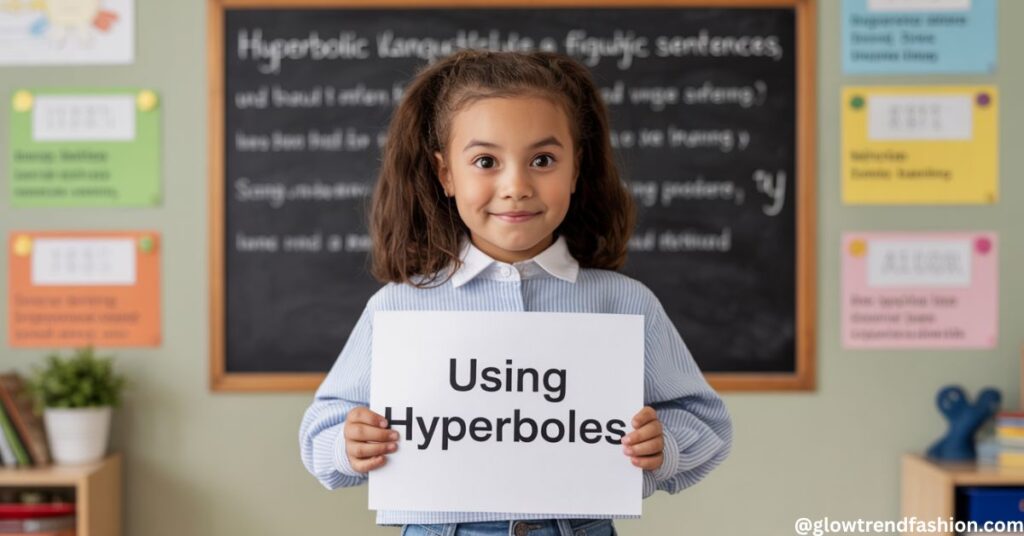
For instance, in a light-hearted conversation, you might say, “I’m so tired I could sleep for a year,” to convey your exhaustion in a humorous way.
Frequently Asked Question
What is the difference between hyperbole and metaphor?
Hyperbole and metaphor are both figures of speech, but they serve different purposes:
- Hyperbole is an exaggerated statement used for emphasis or humor. For example, saying “I’m so hungry I could eat a horse” emphasizes extreme hunger.
- Metaphor, on the other hand, makes an implicit comparison between two unrelated things, suggesting they are alike. For instance, saying “Time is a thief” implies that time steals moments from our lives.
Is it’s raining cats and dogs a metaphor or hyperbole?
“It’s raining cats and dogs” is a hyperbole. This expression exaggerates to emphasize heavy rain, but it’s not meant to be taken literally. It adds a vivid, dramatic flair to the description of the weather.
What is a 5 example of a metaphor?
Here are five examples of metaphors:
- “The classroom was a zoo.”
This suggests that the classroom was chaotic and noisy, like a zoo filled with animals. - “Life is a journey.”
This implies that life has ups and downs, similar to a journey with different paths and experiences. - “Her voice was music to his ears.”
This means that her voice brought him joy and comfort, much like beautiful music. - “The world is a stage.”
This suggests that people play different roles in life, just as actors do on a stage. - “Time is a thief.”
This indicates that time steals moments from our lives, highlighting the fleeting nature of time.
What is the difference between a metaphor and a hyperbolic?
The difference between a metaphor and a hyperbole lies in their function and use:
- Metaphor: This is a figure of speech that makes an implicit comparison between two unrelated things, suggesting they are alike. For example, saying “Time is a thief” implies that time steals moments from our lives.
- Hyperbole: This is an exaggerated statement not meant to be taken literally. It emphasizes a point for effect. For instance, saying “I’m so hungry I could eat a horse” exaggerates hunger to create a strong impression.
What are 4 examples of hyperbole?
Here are four examples of hyperbole:
- “I’m so tired I could sleep for a year.”
This exaggerates fatigue to emphasize extreme tiredness. - “I’ve told you a million times.”
This emphasizes frustration, suggesting repetition beyond reality. - “He’s older than dirt.”
This humorously exaggerates someone’s age to make a point. - “It’s freezing in here; I could die!”
This emphasizes how cold it feels, using dramatic language for effect.
Conclusion
Both metaphor and hyperbole serve as secret tools in your writing arsenal. They allow you to express ideas vividly and creatively. By understanding how to use these literary devices effectively, you can make your writing more engaging and colorful.
So, whether you want to create striking comparisons or emphasize your emotions through exaggeration, remember these tips. Use metaphors to develop deeper connections and hyperboles to inject life into your expressions. With practice, you’ll find that these techniques not only enhance your communication skills but also make your writing a pleasure to read.

Isa Bella is an experienced fashion blogger at Glow Trend Fashion, passionate about style, trends, and personal expression. With years of expertise in the fashion industry, she shares insightful tips, fashion guides, and the latest style updates.

